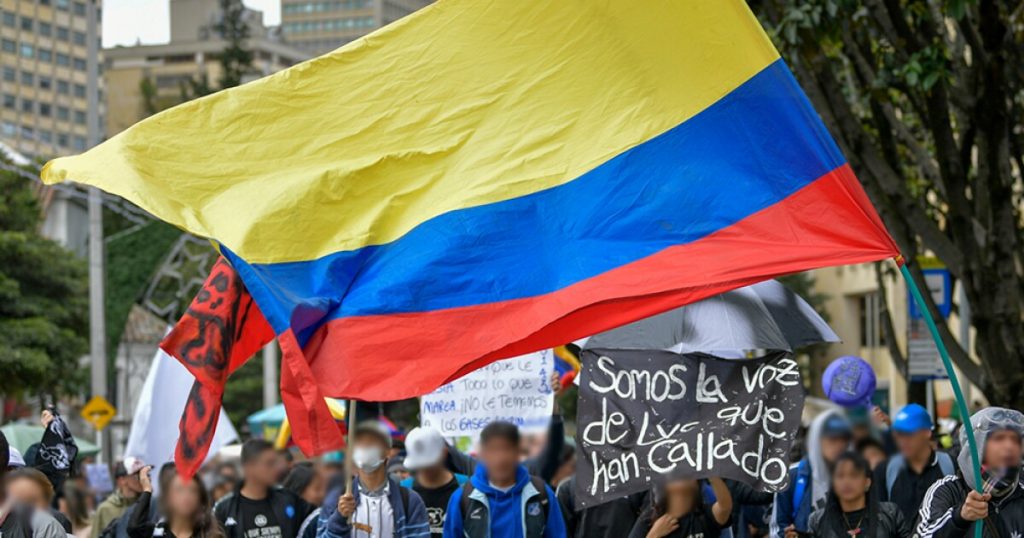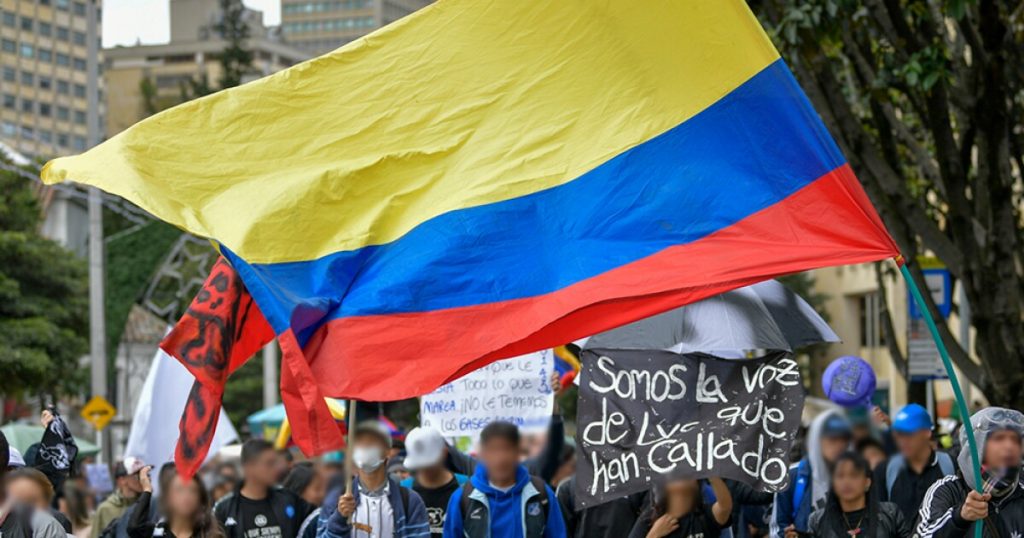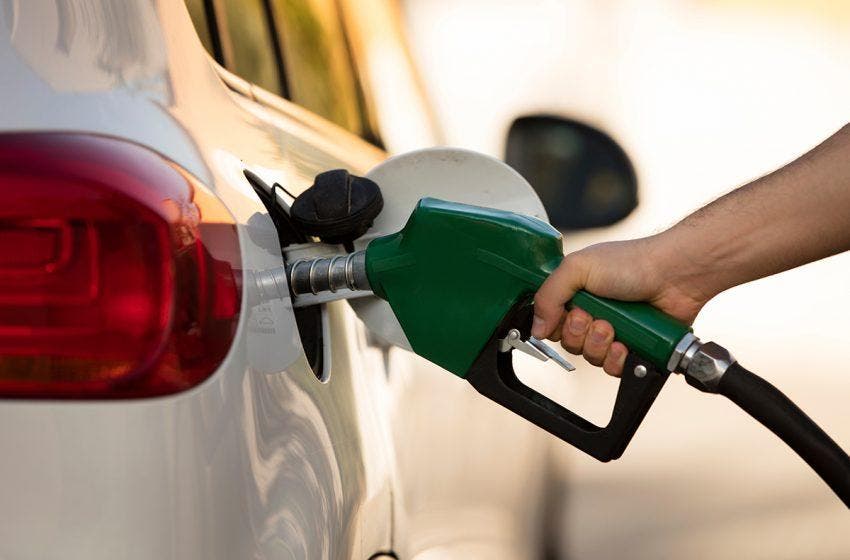
A heterogeneous group of student and union organizations called a major national strike in April last year that led to aggressive protests, particularly in Cali, which the government of Iván Duque handled with enormous clumsiness. All this resulted in a climate of violence that lasted for weeks with a painful balance in human lives and with economic disarray that came to add to the destruction already caused by the covid pandemic.
The axis of the protests had been the fiscal reform that was never approved – in addition to the fact that it was necessary to sacrifice the minister of the sector – but in the background there was much more than that. The country’s social inequality, which is one of the most dramatic on the continent, had skyrocketed to superlative levels as a result of the contagion containment measures, which contributed to creating the perfect environment to destabilize the country and weaken a government juggling to keep the ship afloat.
Outside Colombia, international publications saw it this way: “The pandemic has caused an increase in poverty to 42% of the population, compared to 35% two years ago. Unlike Jair Bolsonaro in Brazil, Duque has implemented responsible confinement policies. But 55% of the workforce that operates in the informal market cannot be confined if there is no state aid so that they can feed their families.”
The platform of the candidate Gustavo Petro, Chavismo and the narco-guerrilla acted behind the scenes in order to bring the embers closer for their sardine. Trying to analyze the chaos that the forces of evil were capable of creating at that time, encouraged by the radical lefts that were efficient in sympathizing young people with the protest, is not the task of this article. The risk of falling short is too great. But what is clear is that the glimpse of popularity that Iván Duque could have had at that time went to hell. All of the above was also useful to strengthen the deterioration of the public debate and promote the political morass that today is penalizing the right-wing forces in Colombia in the face of the electoral process. In other words, the “stoppage” fulfilled the task of destabilizing and polarizing more.
Within the community it was possible to sow the biased idea that the violence came from the force of public order. The figure will never be reliable, but independent human rights institutions report 63 deaths and more, most at the hands of public forces, that occurred during the weeks of mobilization.
Well, the preparations are already ready to repeat the same grace tomorrow, another day of mobilization has been called by the National Unemployment Committee and the Single Central Workers Union 4 weeks before the Colombian elections and when what is being played out in the country of New Granada is its social and political stability and its economic future.
A small spark can again ignite the savannah and destroy citizen coexistence. During the past “stoppage” 12,478 protests were reported in 862 municipalities of the 32 departments between April 28 and June 4. Only 11% -11,060 of these protests- were violent, but they were enough to unbalance the country and destroy the efforts of economic growth that was taking a good pace. A single figure illustrates the disaster: food inflation, which due to the pandemic would have been 4.5%, shot up, after the riots, to more than 12%. Every Colombian suffered it directly in his pocket.
As in the year 2021, the immediate reasons for the strike call will be of relative importance. What is truly significant is what its promoters do not say: in troubled rivers, fishermen profit.








